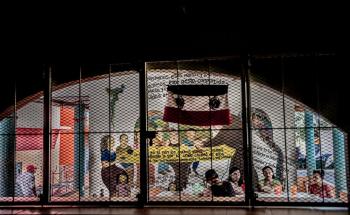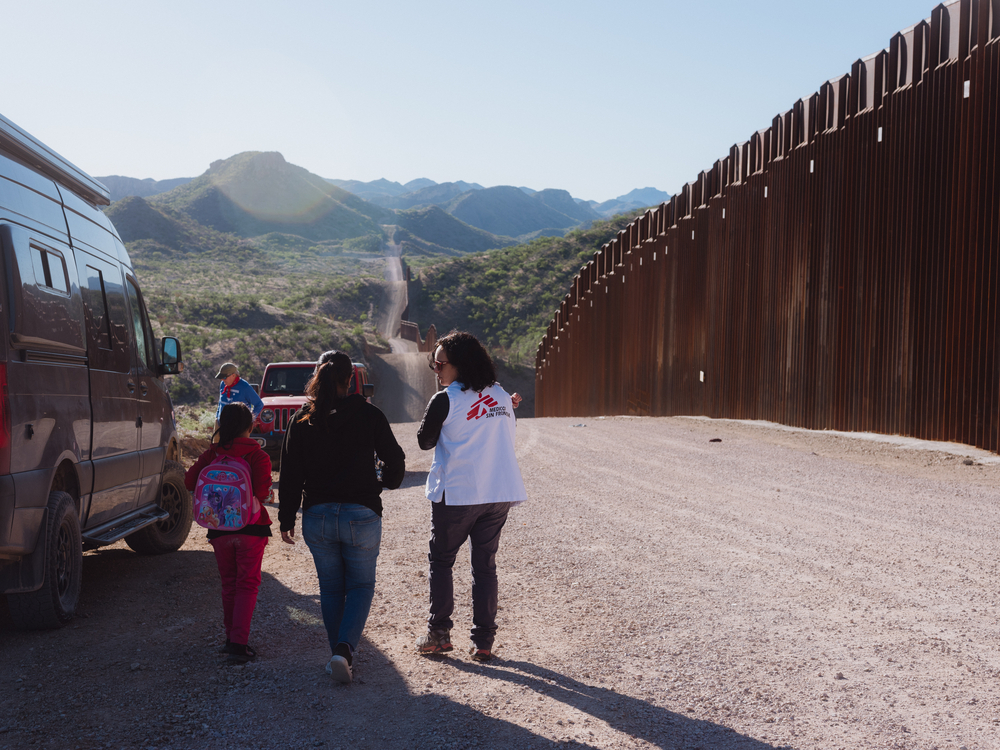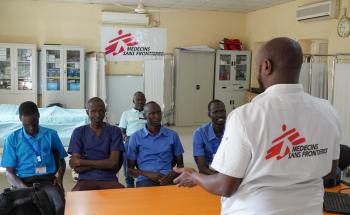
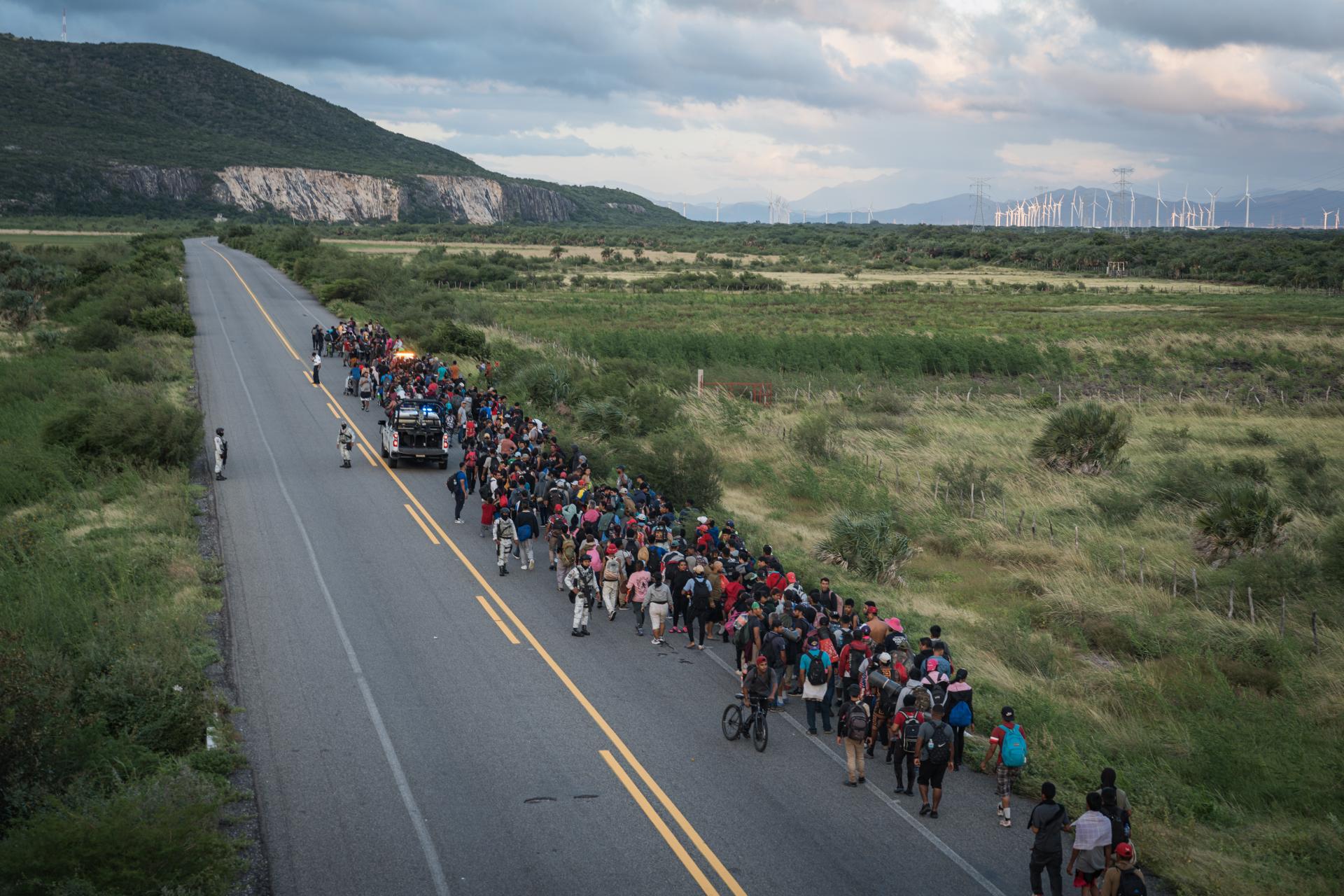
Mexico
Asylum seekers were just a fraction of the total number of migrants travelling through Mexico, many of whom aimed to reach the United States (US).
According to official statistics, between January and August 2024, there were 925,000 people on the move in the country.
Featured
Our activities in Mexico in 2024
Data and information from the International Activity Report 2024.
276
276
€12.4 M
12.4M
1985
1985
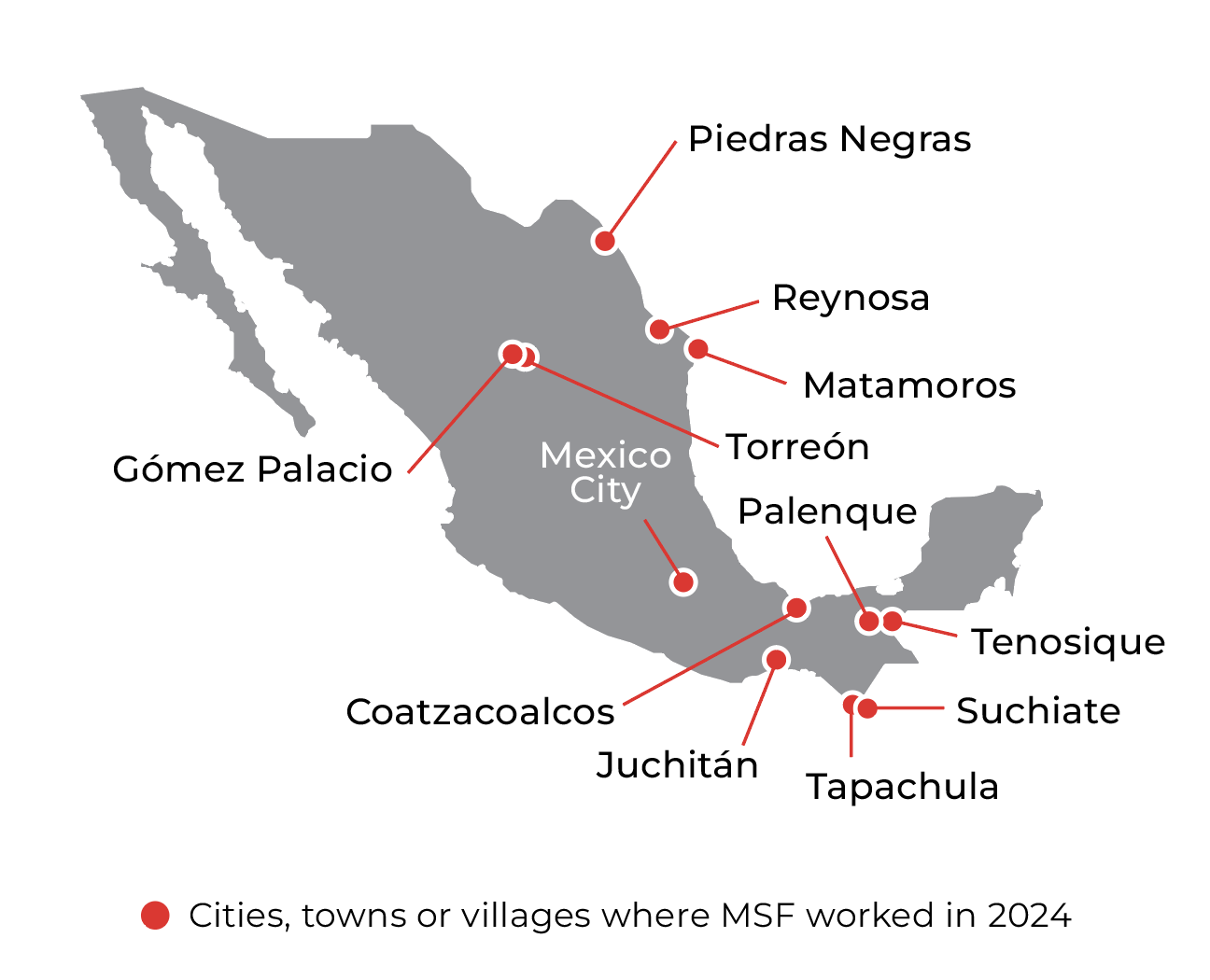
In Tapachula and Coatzacoalcos, southern Mexico, we assisted new arrivals, as well as people stranded due to difficulties in obtaining transit permits. During the year, we adapted to the changing migration routes, and responded temporarily in the towns of Suchiate and Juchitán.
Due to an increase in migrant caravans, particularly following the US election, we expanded our assistance through mobile clinics in late 2024.
In Mexico City, MSF teams provided medical care, mental health support, and physiotherapy to survivors of extreme violence, both Mexican citizens and migrants, in a dedicated clinic. In addition, we scaled up our mobile clinic activities in informal camps.
At the northern border, after seven years of activities, we closed our project at Piedras Negras in September. We continued to work in Reynosa and Matamoros, offering basic healthcare and mental health support to migrants living in dedicated shelters while waiting to cross the border to apply for asylum in the US.
Our teams reported that the migrants they treated – especially women and children, who were arriving in increasing numbers – often had limited access to basic services, and spent long periods in unsanitary, hostile environments. These conditions worsened medical issues such as respiratory infections, skin diseases, post-traumatic stress disorder, and other mental health problems linked to exposure to extreme violence.
IN 2024

49,900
49,9
9,840
9,84
800
8
640
64

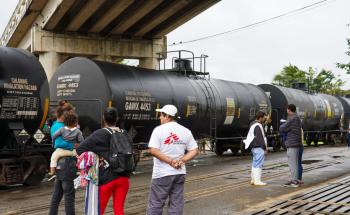
MSF Denounces the Closure of the U.S. Asylum Process
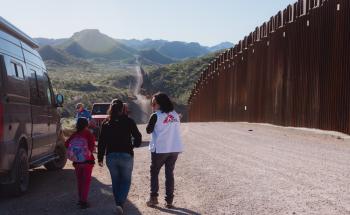
Supporting People on the Move at the US-Mexico border
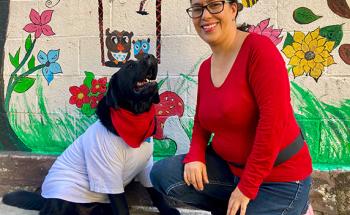
Onnie, the Labrador that helps care for survivors of extreme violence and torture
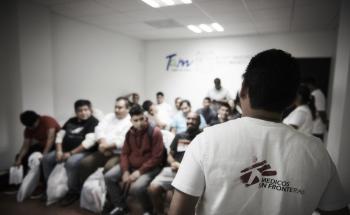
Mexico: Migrants exposed to violence cut off from healthcare
